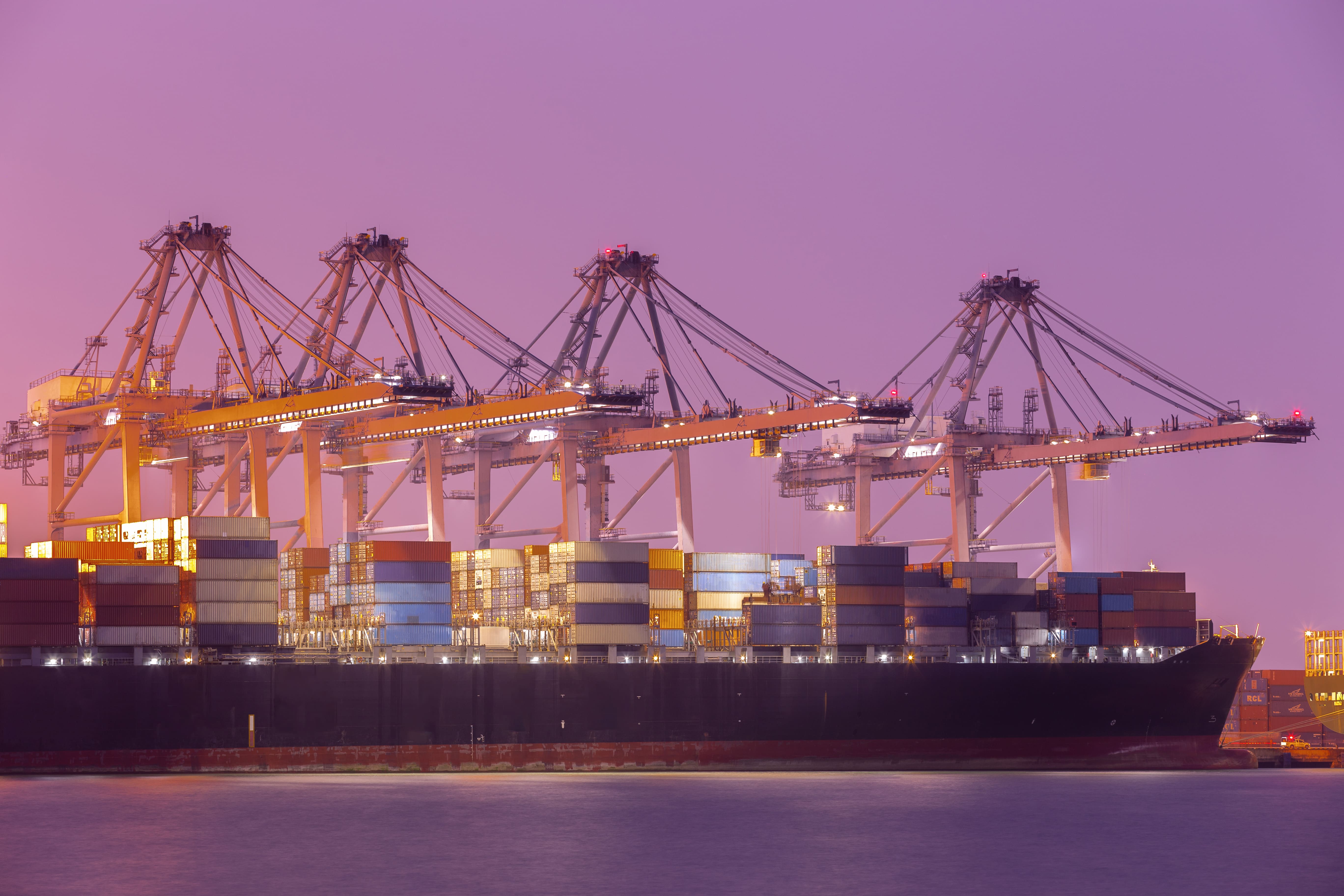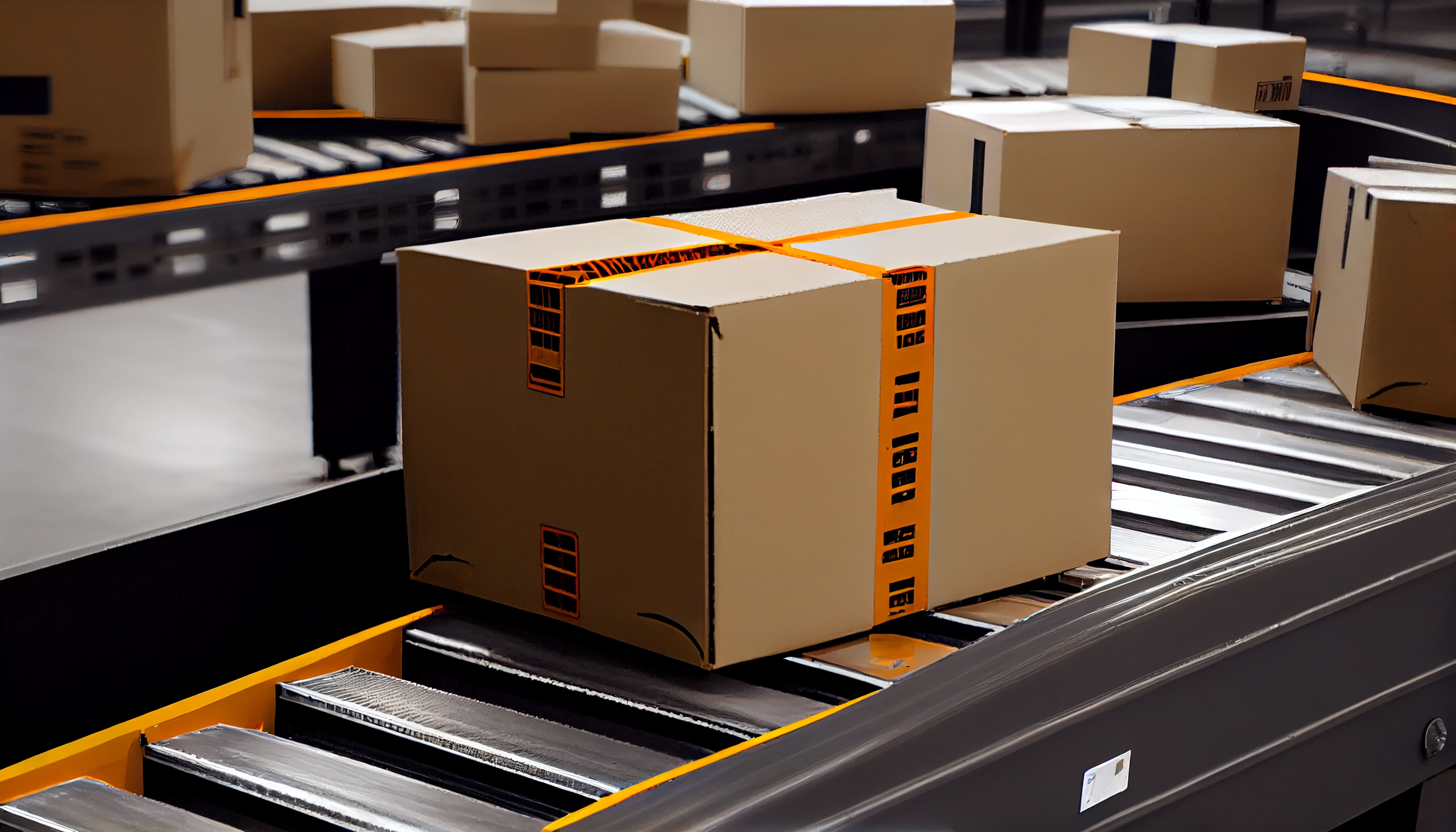Technologies of the Future

The Internet of Things (IoT) is revolutionizing every phase of logistics operations. IoT devices enable data collection and analysis throughout processes, from vehicles to warehouses. Sensors installed in vehicles offer advantages such as real-time location tracking, fuel consumption monitoring, and maintenance notifications. In warehouses, IoT helps optimize inventory management by automatically tracking stock levels. As a result, operational efficiency increases, and costs are significantly reduced.
Big Data and Analytics
In the logistics sector, big data and analytics bring revolutionary innovations to decision-making processes. Critical factors such as transport times, delivery schedules, costs, and customer satisfaction can be optimized through data analytics. Big data analysis allows logistics companies to make future forecasts and strategic decisions based on historical data. This leads to more effective route planning, demand forecasting, and inventory management.
Artificial Intelligence and Machine Learning
Artificial intelligence (AI) and machine learning (ML) play a crucial role in enhancing automation and efficiency in the logistics sector. AI-powered systems determine the most suitable transport routes, reducing fuel consumption and shortening delivery times. Machine learning algorithms analyze customer behaviors, enabling personalized services. Additionally, AI-based chatbots and virtual assistants improve customer service by providing fast and effective solutions.
Blockchain Technology
Blockchain technology holds great potential for ensuring transparency and security in the logistics sector. Blockchain records every transaction throughout the supply chain, preventing data manipulation. This technology allows tracking the origin, transportation process, and delivery stages of products. It not only prevents fraud but also enhances customer trust and makes supply chain processes more efficient.
Autonomous Vehicles and Drones
Autonomous vehicles and drones are transforming delivery processes in the logistics sector. Autonomous trucks provide safer and more efficient transportation over long distances by reducing human error. Drones, especially in urban deliveries, offer speed and cost advantages. These technologies shorten delivery times and reduce the environmental impact of logistics operations.
Robotics and Automation
Robotics and automation technologies in storage and distribution centers accelerate workflows and increase efficiency. Automated storage and retrieval systems (AS/RS) optimize the storage and retrieval processes of goods. Robots lighten the workload by carrying heavy loads and minimize error rates. This allows logistics companies to reduce operational costs while enhancing service quality.
Conclusion
Digital transformation in the logistics sector is shaped by the technologies of the future. Innovations such as IoT, big data, artificial intelligence, blockchain, autonomous vehicles, and robotic systems increase efficiency in the sector while elevating customer satisfaction to high levels. Companies that adapt to these technologies gain a competitive advantage and become leaders in the sector. Seizing the opportunities offered by digital transformation in logistics is the key to a sustainable and successful future.






